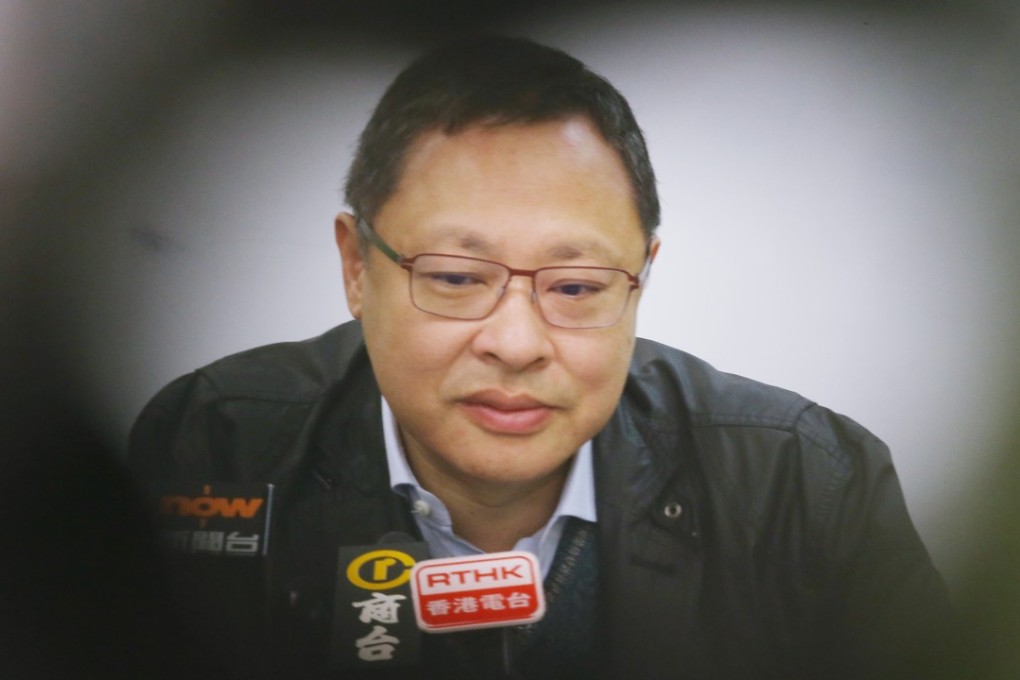The responsible use of freedom of expression is the way to defend it
Benny Tai Yiu-ting maintains that his remarks about Hong Kong independence are covered by the freedom of expression that is one of the city’s core values and protected by the Basic Law. But such freedom is not absolute, especially when it can be seen as crossing Beijing’s red line

That Hong Kong is an inalienable part of China is a fact beyond dispute. Time and again, Beijing has made it abundantly clear that moves that violate sovereignty and national unity will not be tolerated. Yet there are those who keep challenging the red line, as reflected in controversies involving the notion of the city becoming independent.
While freedom of expression is one of our core values and is protected by the Basic Law, remarks or actions in favour of independence do nothing for our relations with Beijing.
Not only does this fuel further tension, it may undermine trust and result in our freedoms being curbed.
Benny Tai Yiu-ting knew what he was getting into when he told a forum that independence could be among the options for Hong Kong some day in a “democratic China”. In 2014, the University of Hong Kong legal scholar was embroiled in another row for his role in the Occupy protests that aimed to pressure Beijing into giving Hong Kong greater democracy. The condemnation by the government, the Hong Kong and Macau Affairs Office and Beijing’s liaison office in the city of his remarks underlines the importance of the matter. But Tai and his allies maintain that the discussion is within freedom of expression and question whether our rights are being restricted.
Whether Tai’s remarks amount to advocacy of independence and constitute criminal liability is open to debate. A commentary in the overseas edition of People’s Daily argued this was the case and urged Hong Kong authorities to take legal action. Legal experts say that even if one publicly advocates for independence, no law would be broken if it is done peacefully. A sedition conviction requires proof of inciting violence or hatred. Tai later clarified his remarks, saying he did not support the notion of independence. But even if the remarks were just meant to be academic discussion, they would not be well received in a country that takes national unity seriously.
Like everyone else, Tai is entitled to his views. But such freedom, while protected by the Basic Law, is not absolute. As a public figure with influence, Tai must be careful with what he openly says, especially when it can be seen as crossing the red line laid down by Beijing.